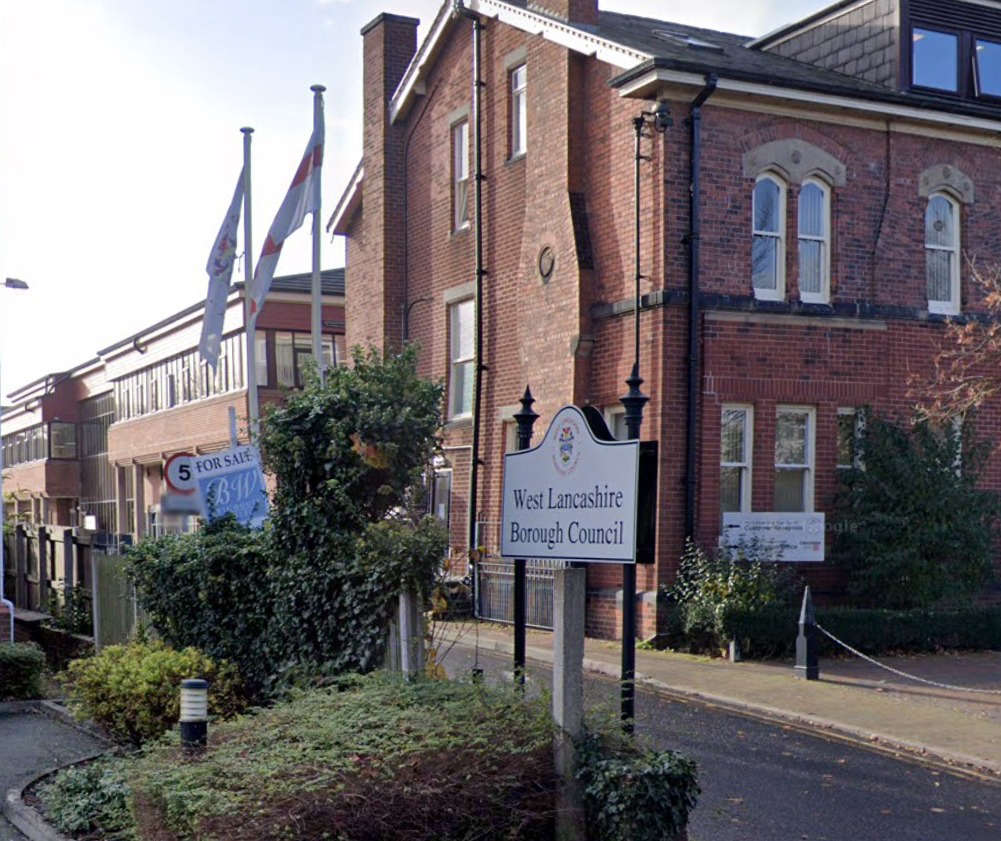
The leaders of South Ribble and Chorley councils have suggested joining up with West Lancashire to form a single local authority for the entire area.
The Local Democracy Reporting Service (LDRS) understands a formal blueprint has been sent to the government making the case for the new arrangement – and indicating how changes to the council map elsewhere in Lancashire could be shaped around it.
Details of a separate letter in which the idea was first floated emerged during a meeting of South Ribble’s full council on Wednesday.
The proposed tie-up notably does not include Preston – in spite of the city being one of the three planks of the informal patch known as ‘Central Lancashire’, together with its South Ribble and Chorley neighbours. The district trio have also co-operated closely on housing for more than a decade, pooling targets for the number of new homes to be built across the wider area.
West Lancashire’s Borough Council’s stance on the plan is unclear, although its leader is not believed to have signed the proposal submitted to the government.
The move comes in the wake of a call by the majority of Lancashire’s Labour MPs for the 15 existing local authorities in the county to be scrapped and replaced with a handful of new ones, covering much larger areas.
The LDRS understands that the suggested merger of South Ribble, Chorley and West Lancashire – which have a combined population of just over 350,000 – has been put to ministers in the context of the creation of four new, so-called ‘unitary’ councils across Lancashire.
The other proposed authorities would bring together Preston, Lancaster and Ribble Valley in one council area; Fylde, Blackpool and Wyre in another; and Blackburn with Darwen, Burnley, Rossendale, Hyndburn and Pendle in a third.
Preston City Council is yet to lay out its exact preference for any revamped council structure in Lancashire, with the authority’s leader Matthew Brown calling only for an attempt at “consensus” before any changes are imposed by the government. However, in 2020, the city authority suggested banding together with South Ribble, Chorley and West Lancashire – but the latter trio indicated they would prefer to proceed with just the three of them.
South Ribble and Chorley councils already share an array of back office functions and also have a joint chief executive, although the two remain entirely separate entities.
During South Ribble’s full council meeting, Labour leader Jacky Alty was quizzed by opposition members over the fact she had put her name to the initial document setting out a suggested vision for the borough’s future.
Conservative opposition group leader Karen Walton asked when she had “received the mandate” to put forward the proposal – “when there has been no discussion or vote taken by this council for her to sanction such a decision”.
Cllr Alty stressed that she had “neither ruled anything out nor ruled anything in” by her actions, adding: “I have indicated an openness to consider all options which would benefit South Ribble’s residents and…I think that is what I’m expected to do.”
She also put the merger proposal in the context of the situation created by Lancashire’s devolution deal which will see the establishment of a new county combined authority (CCA) in the new year. Full membership of that organisation – which will oversee the extra powers and cash coming to the county – is reserved for the three top-tier authorities that signed the agreement: Lancashire County Council and Blackpool and Blackburn with Darwen councils.
Lancashire’s dozen district authorities – including Chorley and South Ribble – will have two representatives on the CCA, but they will sit as ‘non-constituent members’ and so will not have a vote.
Cllr Alty said she would “prefer” districts to remain in existence, but noted that they will not have “a voice” on the CCA.
“Anything I need to do to support the residents and their future…I will do that – and…that’s whether [or not] it runs contrary to what I would like,” she said.
The LDRS approached Chorley Council leader Alistair Bradley and the leader of West Lancashire Borough Council, Yvonne Gagen, for comment.
In their letter to the government calling for a council shake-up – part of a related push for a more extensive devolution deal, complete with an Andy Burnham-style elected mayor for Lancashire – the Labour MPs requested a decision on the matter by Christmas.
South Ribble MP Paul Foster, one of the signatories, told the LDRS he still had a preference for the current two-tier system, which sees responsibility for delivery of different local services split between the county and district councils.
However, the former South Ribble council leader added: “It is clear to me that Lancashire County Council will never agree to an elected mayor. But we desperately need the investment into Lancashire [that a mayor would bring] – we can’t afford to give this opportunity up.”
Ministers are expected to publish a white paper on devolution – which is also set to deal with the issue of council reorganisation in large swathes of the country – this month.
‘GIVE THE PEOPLE THE FINAL SAY’
South Ribble’s Conservative opposition group has demanded a referendum before any changes that could lead to the abolition of the borough council are implemented.
Cllr Michael Green, the Tory ward councillor for Moss Side, told the full council meeting at which the call for a public vote was made: “I think the residents of South Ribble…are proud of the council.
“They might complain from time to time that [it] could do things better…but in the main, they will be supportive of South Ribble Borough Council and certainly they wouldn’t want the council to be broken up without being consulted on…that in a proper way.
“We need to give some confidence to the residents, who, in many cases rely on support and services provided by this council…that theer council is going to be here for the future, unless and until they determine that they want something else to replace it,” he added.
Councillors resolved to defer the issue of a referendum to a later date, after the publication of the government’s devolution white paper.
Four years ago, Lancashire County Council put forward its own proposal for a new local authority set-up as part of devolution discussions – suggesting three new councils be formed across Lancashire, one of which would have incorporated Preston, South Ribble, Chorley and West Lancashire.
Paul Foster said the fact that Cllr Green – who is also a county councillor – supported that plan then, but was calling for a referrendum on a similar idea now, showed “exactly why we need the government to intervene and do what’s best for South Ribble and Lancashire”.



 Motorcyclist dies after collision in Chorley
Motorcyclist dies after collision in Chorley
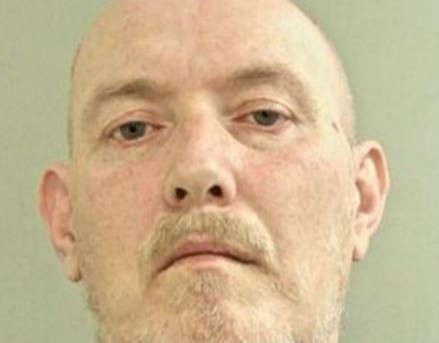 Man jailed for attempting to kill police officer at Preston station
Man jailed for attempting to kill police officer at Preston station
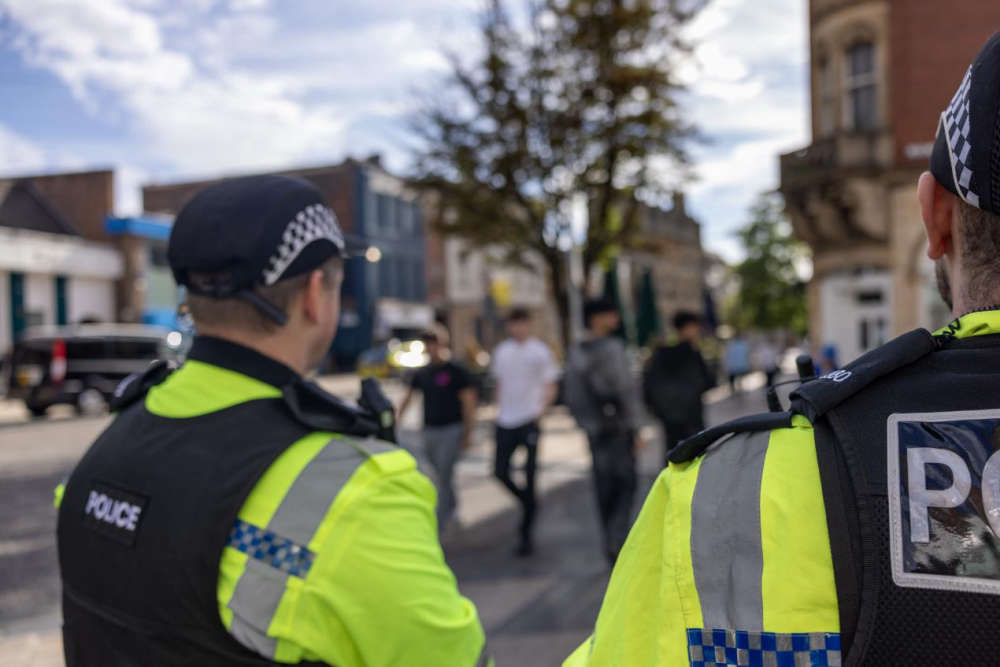 Intensive day of action tackles community issues in Preston City Centre
Intensive day of action tackles community issues in Preston City Centre
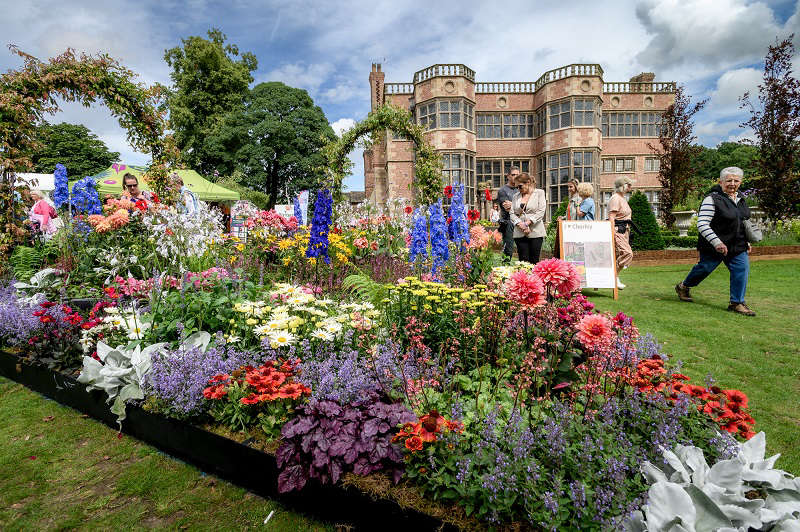 Get your green fingers on early bird tickets for Chorley Flower Show
Get your green fingers on early bird tickets for Chorley Flower Show
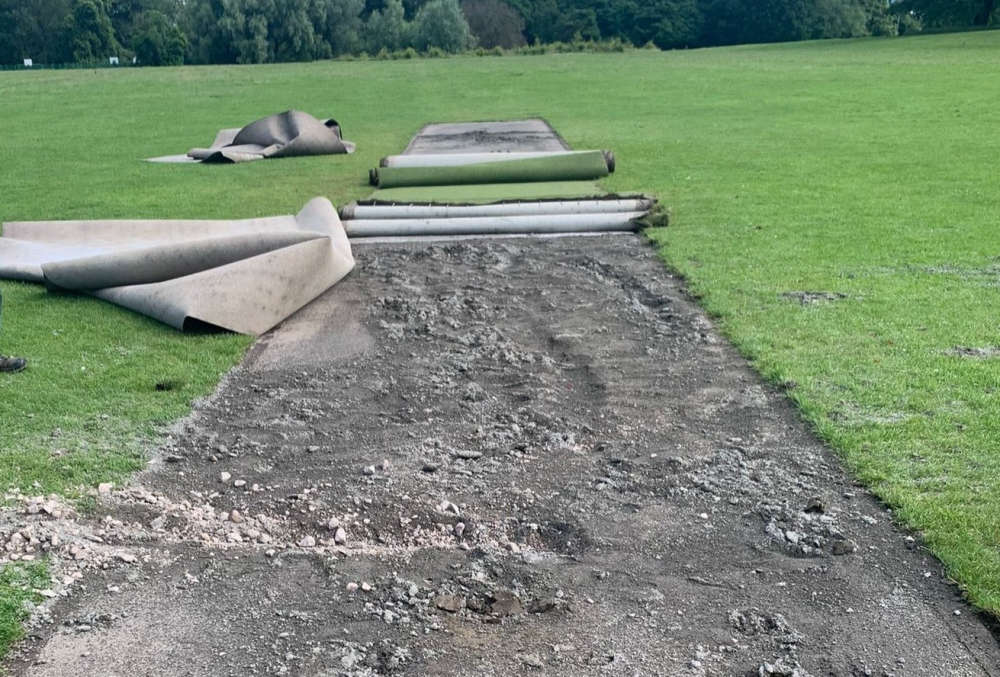 Cricket pitch funding approved
Cricket pitch funding approved
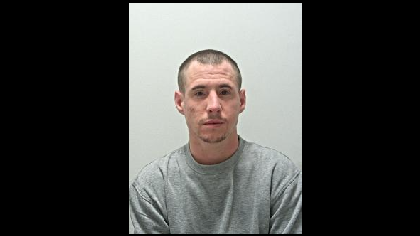 Concern for missing Preston man also wanted on recall to prison
Concern for missing Preston man also wanted on recall to prison
 Rebrand for 19,000 home social landlord includes controversial name change
Rebrand for 19,000 home social landlord includes controversial name change
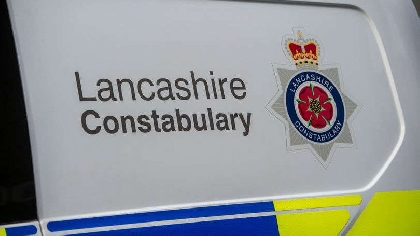 Body found in search for missing man
Body found in search for missing man




